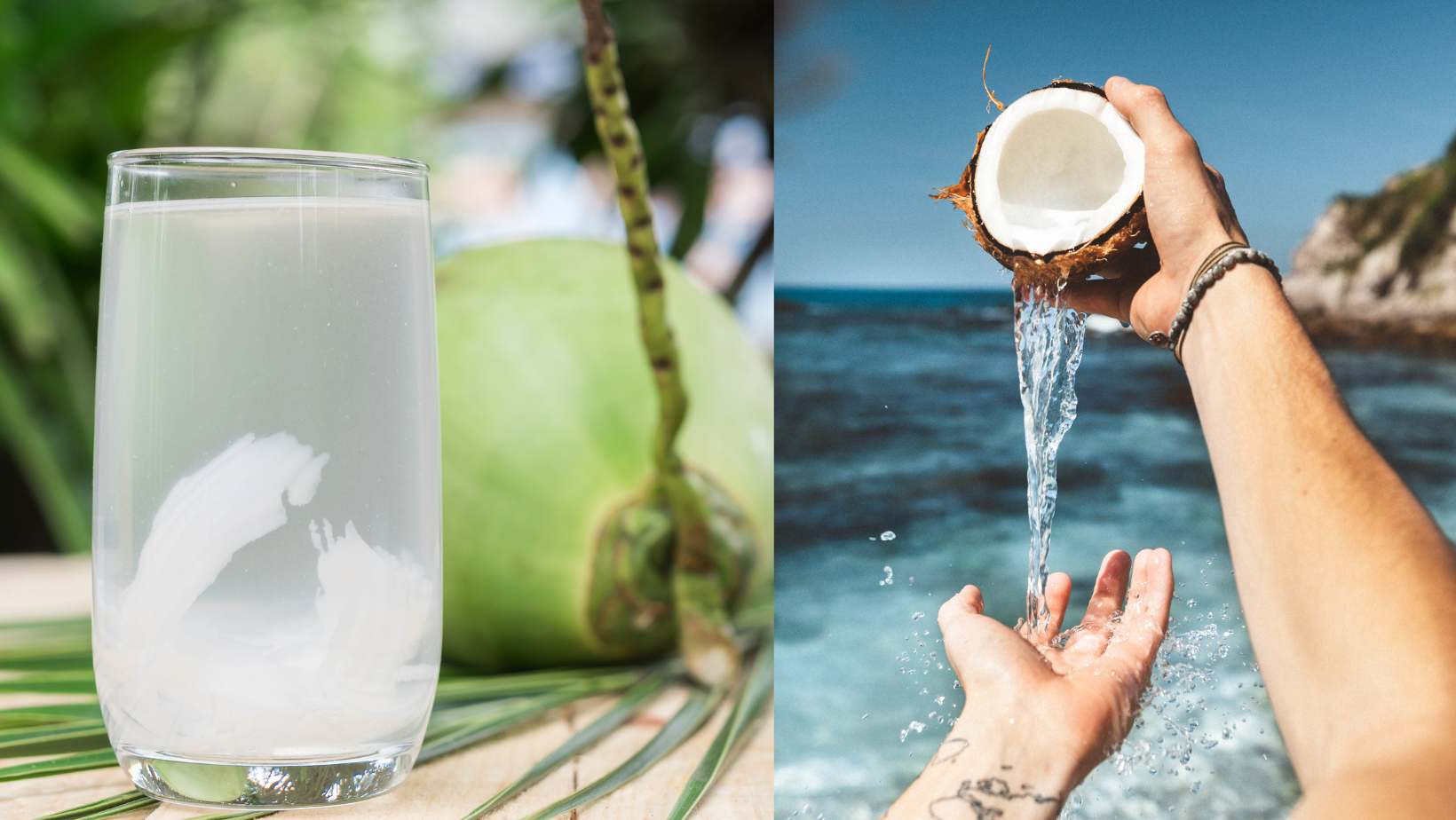Coconut water, the clear liquid sloshing inside young green coconuts, is not just a trendy beverage – it’s an intriguing mixture of chemicals with unexpected biological properties. A comprehensive review published in the journal Molecules has pulled back the curtain on this natural cocktail, revealing a unique blend of compounds that could have far-reaching effects on plant and human health [1].
The Chemical Cornucopia of Coconut Water
Dr. Samantha Patel, lead author of the study and researcher at Nanyang Technological University in Singapore, and her team scoured the scientific literature to piece together the complex composition of coconut water. They found that this seemingly simple beverage contains an array of:
- Phytohormones – plant growth regulators like auxin, cytokinins, and gibberellins [1]
- Inorganic ions – essential minerals like calcium, magnesium, and potassium [1]
- Vitamins – vital nutrients like vitamin B6 and folate [1]
- Amino acids, enzymes, and other organic compounds [1]
“This unique combination of compounds suggests that coconut water is more than just a refreshing drink,” says Dr. Patel. “It has the potential to impact multiple biological processes in plants and possibly in humans as well.”
From Plant Growth to Human Health
The phytohormones in coconut water, such as cytokinins like kinetin and trans-zeatin, have long been used to promote growth in plant cell cultures. But recent studies hint that these compounds could also have anti-aging, anti-cancer, and anti-inflammatory effects in humans [1].
Dr. Marcus Kahn, a collaborator on the study, explains, “Cytokinins like kinetin have been shown to protect human skin cells from oxidative stress and delay certain cellular aging processes. This suggests that coconut water could be a potential source of anti-aging compounds.”
The high mineral content of coconut water, particularly potassium, has also drawn attention for its potential health benefits. Dr. Patel’s team cites studies showing that coconut water consumption could help lower blood pressure, prevent kidney stones, and possibly even protect against heart disease [1].
Harnessing Coconut Water’s Potential
While the diverse array of compounds in coconut water is intriguing, the authors caution that more research is needed to fully understand their effects in the human body. Dr. Kahn notes, “Many of these compounds are present in small amounts, and we don’t yet know how well they are absorbed and utilized when people drink coconut water.”
However, the potential applications are broad, from developing new plant growth supplements to creating functional beverages with targeted health benefits. Dr. Patel and her team are now working on identifying the factors that influence the chemical composition of coconut water, such as the age of the coconut and the growing conditions of the tree.
“By better understanding what influences the levels of these beneficial compounds, we may be able to optimize coconut water’s composition and enhance its potential as a natural source of bioactive ingredients,” says Dr. Patel.
The Curious Chemistry of Coconut Water: Your Questions Answered
What makes coconut water unique compared to other beverages?
Coconut water contains a diverse array of compounds not typically found together in other drinks, including phytohormones, inorganic ions, amino acids, and enzymes. This complex blend of chemicals suggests that coconut water could have multiple biological effects beyond simple hydration [1].
Can drinking coconut water provide the same benefits as the individual compounds it contains?
While some of the compounds in coconut water, like cytokinins and minerals, have been studied for their potential health benefits, it’s not yet clear if drinking coconut water would provide the same effects. More research is needed to determine how these compounds are absorbed and utilized in the human body when consumed as part of coconut water [1].
Is all coconut water the same in terms of its chemical composition?
No, factors like the age of the coconut, the growing conditions, and even the specific variety of coconut can influence the levels of various compounds in coconut water. Further research aims to identify the key factors that determine coconut water’s chemical composition, which could help optimize its potential health benefits [1].
References:
[1] Yong, J. W. H., Ge, L., Ng, Y. F., & Tan, S. N. (2009). The Chemical Composition and Biological Properties of Coconut (Cocos nucifera L.) Water. Molecules, 14(12), 5144–5164. https://doi.org/10.3390/molecules14125144
